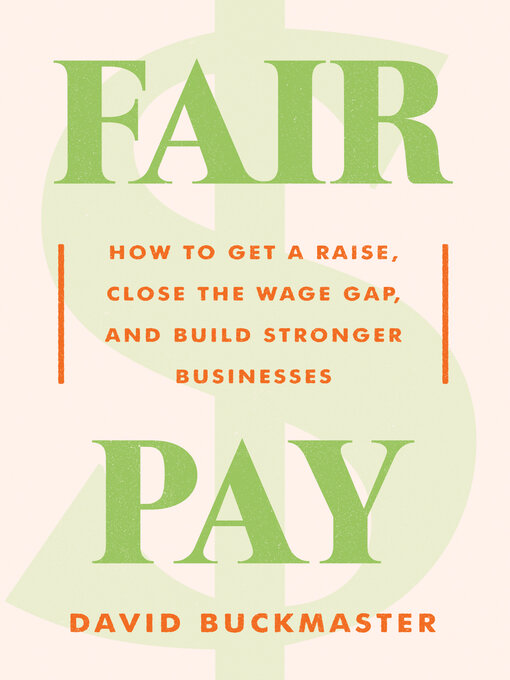Longlisted for the 2021 Porchlight Business Book Awards, Management & Workplace Culture
An expert takes on the crisis of income inequality, addressing the problems with our current compensation model, demystifying pay practices, and providing practical information employees can use when negotiating their salaries and discussing how we can close the gender and racial pay gap.
American workers are suffering economically and fewer are earning a living wage. The situation is only worsening. We do not have a common language to talk about pay, how it works at most companies, or a cohesive set of practical solutions for making pay more fair. Most blame the greed of America's executive class, the ineptitude of government, or a general lack of personal motivation.
But the negative effects of income inequality are a problem that can be solved. We don't have to choose between effective government policy and the free market, between the working class and the job creators, or between socialism and capitalism, David Buckmaster, the Director of Global Compensation for Nike, argues. We do not have to give up on fixing what people are paid. Ideas like Universal Basic Income will not be enough to avoid the severe cultural disruption coming our way.
Buckmaster examines income inequality through the design and distribution of income itself. He explains why businesses are producing no meaningful wage growth, regardless of the unemployment rate and despite sitting on record piles of cash and the lowest tax rates[0] in a generation . He pulls back the curtain on how corporations make decisions about wages and provides practical solutions—as well as the corporate language—workers need to get the best results when talking about money with a boss.
The way pay works now will not overcome our most persistent pay challenges, including low and stagnant wages, unequal pay by race and gender, and executive pay levels untethered from the realities of the average worker. The compensation system is working as designed, but that system is broken.
Fair Pay opens the corporate black box of pay decisions to show why businesses pay what they pay and how to make them pay more.

